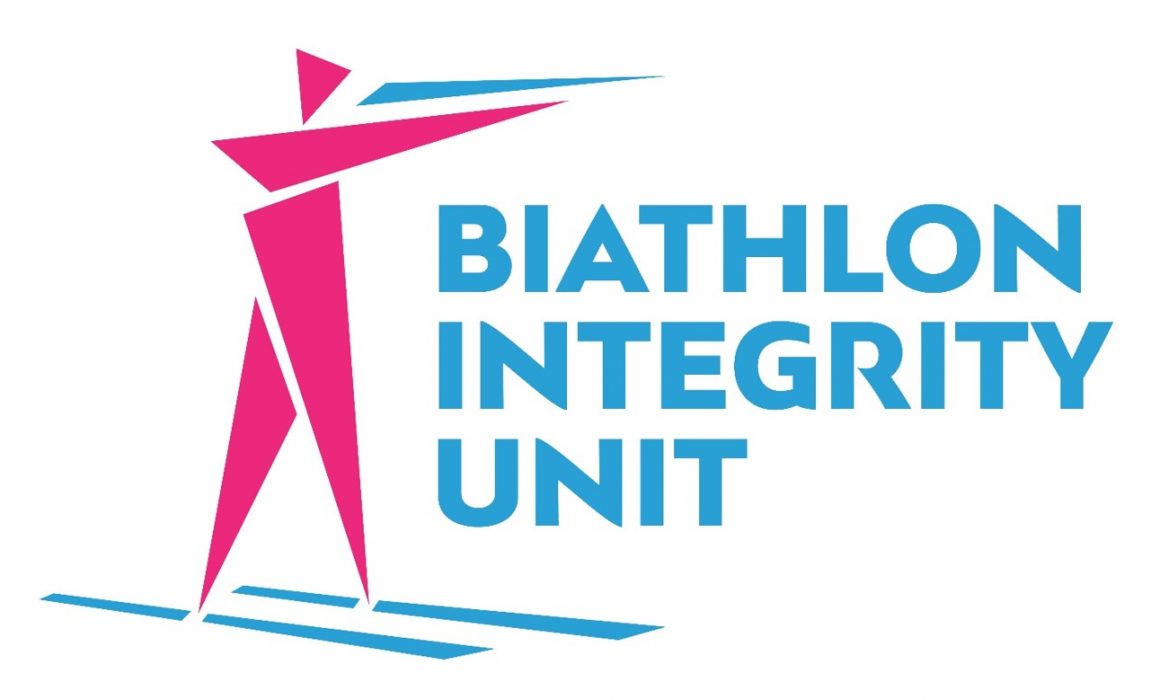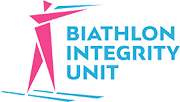In-Competition Testing
With the new biathlon season now under way, several athletes can expect to be subject to In-Competition testing for banned substances at each race.
Tests at World Cup, IBU Cup and Junior Cup events are carried out in conjunction with National Anti-Doping Agencies or other service providers, which act as sample-taking agencies at the events.
Certain substances are forbidden only In-Competition (the period beginning at 11.59pm on the day before a competition in which the athlete is scheduled to participate, and ending with the conclusion of the competition and the sample-taking process). Substances prohibited only In-Competition include, but are not limited to: stimulants; marijuana; narcotics; and glucocorticosteroids.
Athletes are advised to be aware of the washout times for these substances.
For more information on the World Anti-Doping Agency’s Prohibited List, click here.
More information on doping substances and methods can be found here, and anti-doping rules and regulations are set out here.
Athletes that are selected for an In-Competition test after a race must remain visible to their chaperones at all times until they are tested. They are allowed to change, but not to take a shower or use the toilet.
Athletes wanting to attend a flower/medal ceremony or press conference can, of course, do so, but must always be accompanied by their chaperones.
For more information on the doping test procedure, click here.












